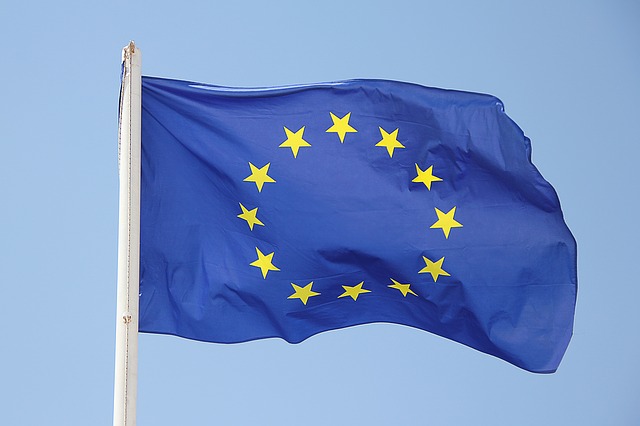Cooper’s Seven Circles of Brexit

Dr Ian Cooper of the Dublin City University’s Brexit Institute divulged his seven-part run-down on the Brexit process to an audience drawn from law, politics and academia at an event in JW Sweetman on Friday.
For Brexit to be successfully carried out, the British government needs to pass through what Cooper terms ‘The Seven Circles of Brexit’. Each circle represents a group of people that expand progressive from a few ministers to the entire European Union, and each circle is governed by different rules which the UK need to observe in order to succeed.
The first circle is Theresa May’s so-called “Brexit War Cabinet”. This is the internal group of 11 cabinet members that May set up to spearhead the Brexit project. The rule here is that it is composed of five leavers and five remainers, plus the PM, who must agree on a Brexit strategy. The body has existed for two years, during which time it has been the scene of much infighting.
The second circle is the full cabinet of 29. Its rule is that of collective responsibility. The Chequers Agreement was agreed here, although prominent resignations by Boris Johnson and David Davis came close to derailing the agreement in its infancy. The current Withdrawal Agreement was struck within Cabinet in a five-hour meeting in November.
The third circle is the Conservative Parliamentary Party. The rule here is to maintain the confidence of a majority of Tory MPs. May’s leadership can and has been challenged where 15 per cent of Tory MPs declare no confidence in her leadership. Having survived December’s confidence vote, May remains immune from another confidence vote for twelve months.
Cooper said the UK government has currently reached the fourth circle of Brexit, which is the total government majority of the Tory party plus the ten DUP MPs. Having agreed a confidence and supply agreement in return for a £1.5bn grant for the North, the Democratic Unionists were supposed to be bound to supporting the government on all votes on matters relating to Brexit.
However, in reality the UK government’s reliance on the DUP has prevented it from reaching a deal with the EU featuring a border on the Irish Sea where NI would remain in regulatory alignment with the EU, apart from the rest of the UK. May attempted to placate the DUP by promising that the rest of the UK would remain in lock-step with NI when it came to regulatory alignment, however, the DUP have also rejected keeping the whole UK in alignment with the EU. The government has yet to proceed past this point with the deadline of March 29th fast approaching.
The fifth circle is the House of Commons, where the as yet non-existent Brexit deal must receive majority support. Having suffered the most calamitous defeat of any British government since 1924 last Tuesday, it is evident that the government is yet to find a convincing route through this circle.
The sixth circle is the UK as a whole. The rule here is that government should be bound by the will of the people. At present, the Brexit referendum result is taken as the expression of the will of the people. This can only be changed by a contrary result in a second referendum or a general election.
The seventh and final circle through which Brexit must pass in order to become a reality is the European Union itself. The rules here are determined by Article 50 of the Treaty on European Union. The UK is due to leave the EU on March 29th as per the terms of Article 50. A withdrawal agreement between the UK and the EU must be passed by a qualified majority within the institutions of the EU. Cooper says it is exceedingly unlikely that the UK will have an agreement to put to the EU by this deadline.
The UK government has two options in the likely event that no deal is apparent by March 29th. It can either request a temporary postponement of the deadline, for which it requires the consent of all other EU member states. Alternatively, it could unilaterally withdraw from Article 50, which would require the UK abandoning Brexit as an objective.
The event was organised by Cornelia-Adriana Baciu and Annelieke Mooij of the Dublin Law and Politics Review, a new group formed three months ago to bring together minds from law, politics, and academia on a common forum.
Kevin Burns, Irish Legal News







